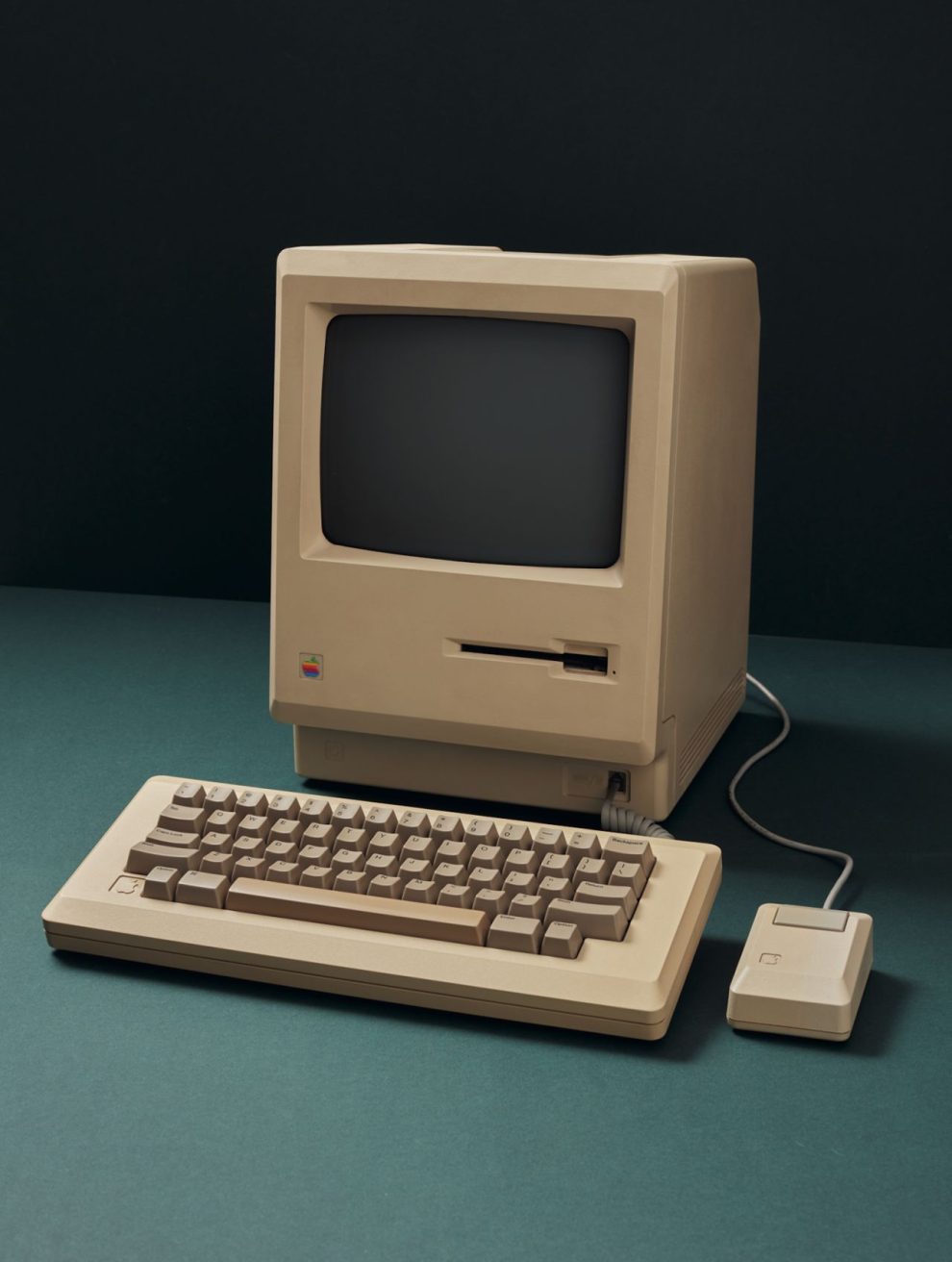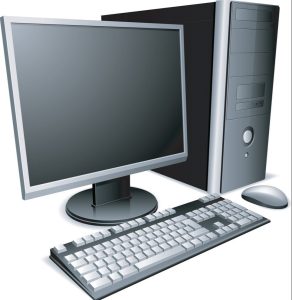The discovery of computers marks a significant milestone in human history, revolutionizing the way we live, work, and communicate. From their humble beginnings to the powerful machines we have today, computers have become an integral part of our daily lives. In this blog, we will explore the fascinating journey of the discovery of computers and their transformative impact on society.
The concept of computers can be traced back to ancient times when early civilizations developed devices for calculations, such as the abacus and the astrolabe. However, the modern computer as we know it began to take shape in the mid-20th century with the advent of electronic computing machines.
The first electronic computer, known as the ENIAC (Electronic Numerical Integrator and Computer), was developed in the 1940s. It was a massive machine that filled an entire room and used vacuum tubes for processing data. The ENIAC paved the way for further advancements in computer technology.
In the 1950s and 1960s, computers became more accessible with the development of transistors, which replaced vacuum tubes and made computers smaller, faster, and more reliable. This era also saw the emergence of programming languages and the development of operating systems, making computers more user-friendly.
The 1970s witnessed the birth of personal computers (PCs), thanks to pioneers like Steve Jobs and Bill Gates. PCs brought computing power directly to individuals and laid the foundation for the digital revolution. The introduction of graphical user interfaces (GUIs) further simplified computer usage, making it accessible to a broader range of users.
The 1980s and 1990s saw rapid advancements in computer technology, including the development of faster processors, larger storage capacities, and the rise of the internet. The internet connected computers globally, facilitating communication, information sharing, and e-commerce.
In the 21st century, computers continue to evolve at an astonishing pace. Smaller, more powerful devices such as laptops, tablets, and smartphones have become ubiquitous, allowing us to carry computing power in our pockets. Cloud computing has revolutionized data storage and processing, enabling seamless collaboration and access to information from anywhere in the world.
The impact of computers on society has been profound. They have transformed industries, revolutionizing sectors such as healthcare, education, finance, and entertainment. Computers have increased productivity, automated processes, and opened up new avenues for innovation and creativity.
Moreover, computers have transformed communication, enabling instant messaging, video conferencing, and social media platforms that connect people across the globe. They have also expanded access to information and educational resources, bridging the digital divide and empowering individuals with knowledge.
In conclusion, the discovery of computers has been a game-changer, reshaping the world in countless ways. From their early beginnings as room-sized machines to the portable devices we have today, computers have become an indispensable part of our lives. Their impact on industries, communication, and access to information is unparalleled. As technology continues to advance, the journey of computers is far from over, promising even more exciting developments and possibilities in the future.




















Add Comment